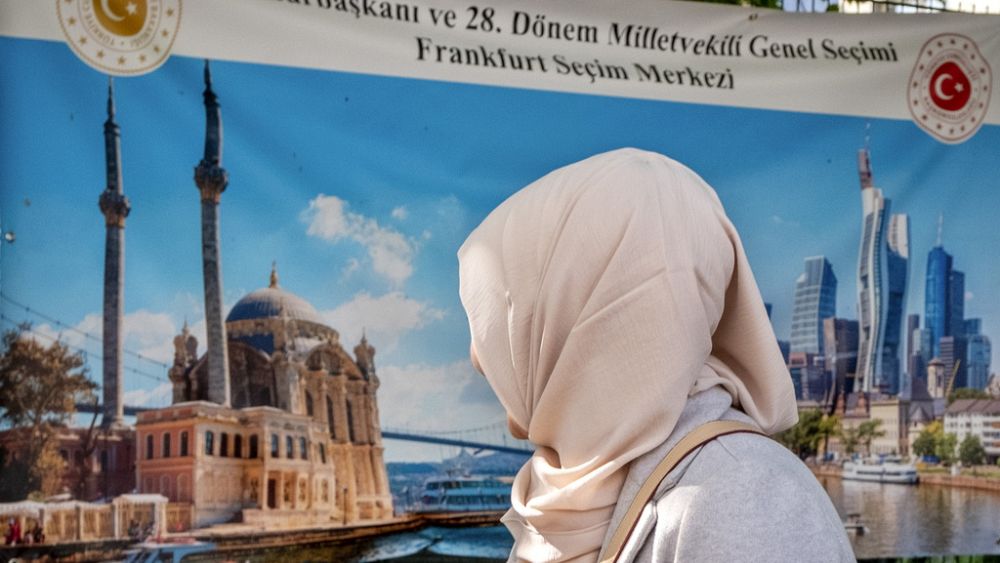
Overseas voting for the second round of the presidential election has concluded with a record turnout.
Nearly 1.86m Turks cast their ballot and their decisions could be crucial in tipping the balance in favour of the outgoing president, moderate Islamist Recep Tayyip Erdogan, or his social democratic rival, Kemal Kiliçdaroglu.
Erdogan came close to an absolute majority in the first vote despite the economic crisis and the anger of people living in the southern region where a massive earthquake struck in February killing at least 50,000 people.
The earthquake damage: God’s will or negligence
The city of Antakya was badly hit by the quake, but it was the response of the Erdogan administration that angered people the most.
“For me, it’s not a party issue,” resident Sema Sicek said.
“I would vote for anyone to get rid of him (Erdogan). It could be Kiliçdaroglu or someone else, I don’t care. This man (Erdogan) buried us alive, he didn’t help us, until today I didn’t get any help!”
Yet on 14 May , millions across the ravaged region defied expectations and voted for the man who has ruled Turkey for two decades and may well do so again on Sunday, 28 May.
Erdogan’s ability to maintain support across Turkey’s southeastern disaster zone contributed to Kiliçdaroglu’s disappointing showing in the first round, which he ended trailing by nearly five points.
The Turkish leader is now the strong favourite, capping a remarkable turnaround.
Erdogan’s secular rival, Kemal Kiliçdaroglu, “does not fill you with hope,” said Ahmet Gulyildizoglu in front of a debris-strewn expanse once occupied by his six-floor apartment building.
“On the other hand, you have an alliance that keeps their promises,” the pensioner added, referring to Erdogan’s Islamic-rooted party and its far-right allies.
Berk Esen, an associate professor at Istanbul’s Sabanci University, called Erdogan’s election rebound “not very surprising”.
Esen argued the region was filled with pious voters who trusted Erdogan’s explanation that the massive toll resulted from an unavoidable act of nature, not state negligence over lax building standards.
In addition, he explained: “the opposition did not campaign heavily in the area and could not offer an alternative, credible message”.
Playing the national card
In response, Kiliçdaroglu has struck a stridently nationalist tone, pledging to expel millions of Syrians and other migrants.
The message resonates in Syrian-border cities such as Antakya where many Syrians fled as war ravaged their own country.
His campaign team has plastered the city with posters declaring: “The Syrians will go”.
“We will not turn Turkey into a depot for migrants,” the 74-year-old candidate said on a visit to Antakya on Tuesday.
Stung by criticism of not campaigning enough in the region, Kilicdaroglu has now upped his game but playing the nationalist card may not be enough, or may backfire.
“The Turkish left is no longer the same,” voter Omer Edip Aslantas in Kirikhan, a northern Hatay district that backed Erdogan, said.
“They have become anti-Turk, anti-Muslim.”
Erdogan may well be able to cash in on such sentiments. After all, he has the backing of the nationalist MHP.





